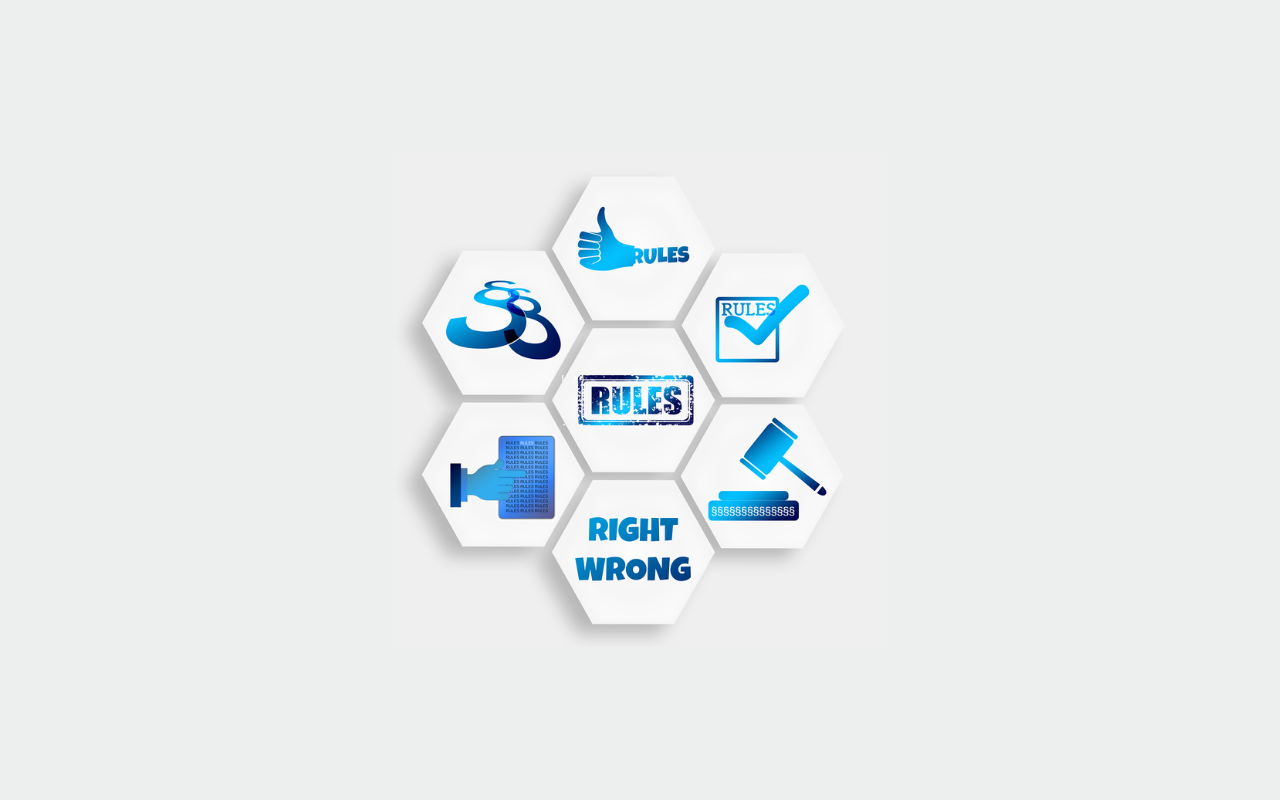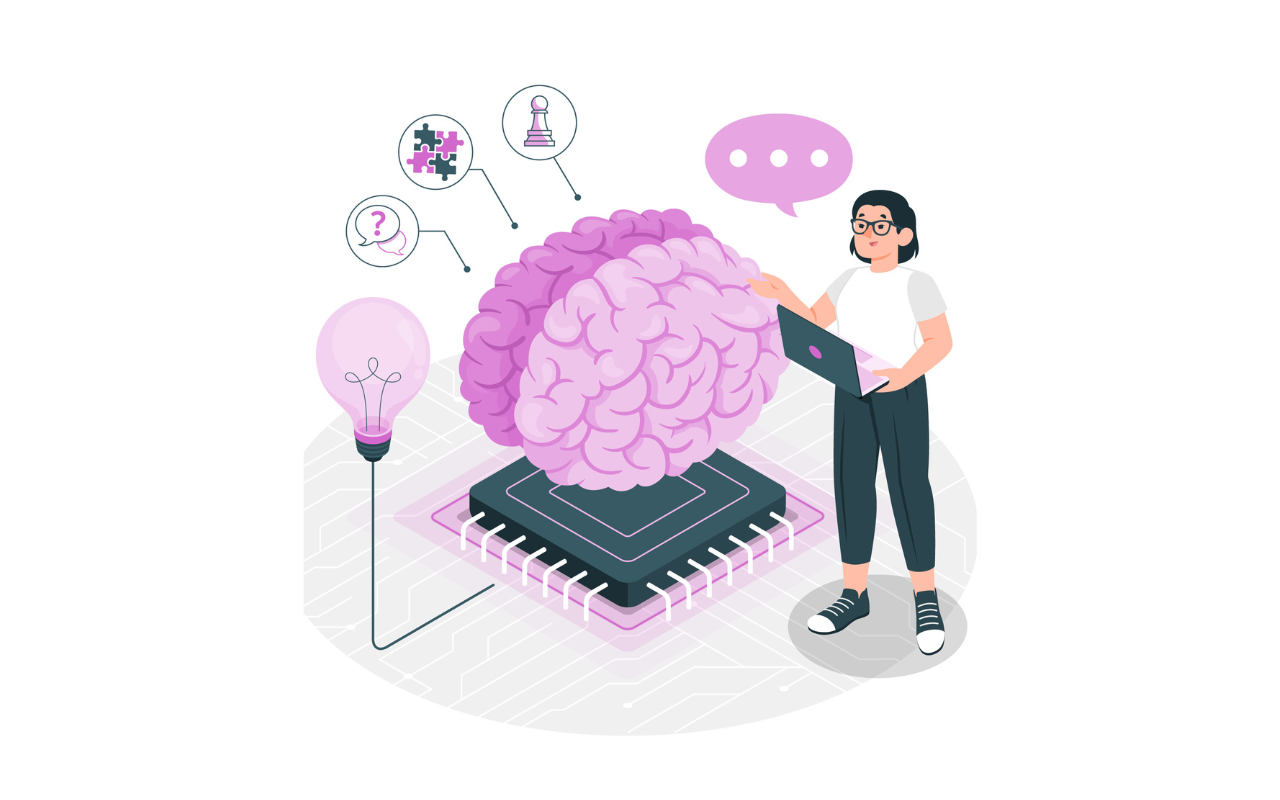In today’s technology-driven world, our brains are constantly bombarded with digital information. From social media notifications to the steady stream of emails, the relentless digital exposure is overwhelming for many. While technology has undoubtedly brought numerous benefits, it’s also important to acknowledge its potential negative impacts on intellectual wellness.
What is Digital Overload?
Digital overload, also known as digital fatigue, refers to the exhaustion and stress caused by constant exposure to digital devices and information. This phenomenon occurs when the brain is overloaded by the sheer volume of data, resulting in mental fatigue, difficulty focusing, and a decline in cognitive functions. As we increasingly rely on digital devices for work, entertainment, and social interactions, the risk of digital overload becomes a critical concern for intellectual wellness.
Understanding Intellectual Wellness
Intellectual wellness involves the ability to think critically, engage in lifelong learning, and cultivate creativity. It requires mental stimulation and the capacity to process information effectively. When we achieve intellectual wellness, we can solve problems, make informed decisions, and continuously expand our knowledge base. However, digital overload can hinder this by overwhelming our minds with unnecessary information, leading to a decline in intellectual health.
The Effects of Digital Overload on Cognitive Function
- Reduced Attention Span
One of the most noticeable effects of digital overload is a shortened attention span. Studies have shown that the constant switching between tasks, also known as multitasking, can negatively impact our ability to focus on a single task for an extended period. This cognitive fragmentation makes it difficult to engage in deep, focused thinking, which is essential for intellectual wellness. Over time, this can lead to diminished problem-solving skills and a decreased ability to retain information. - Mental Fatigue
The continuous influx of digital information can be mentally exhausting. Constantly processing emails, social media posts, and news updates can leave the brain tired and overworked. This mental fatigue can reduce cognitive efficiency, making it harder to concentrate, think clearly, and come up with creative ideas. - Memory Impairment
Digital overload can also affect memory retention. With a constant barrage of information, the brain struggles to filter and store relevant information. As a result, we may find it harder to remember important details, which can impact learning and intellectual development. Studies suggest that excessive reliance on digital devices can impair the brain’s ability to consolidate memories. - Decreased Critical Thinking
The internet offers an abundance of easily accessible information, but this can lead to a passive approach to learning. Rather than engaging in critical thinking and analysis, many people simply absorb information at face value. The overconsumption of digital content, particularly from unreliable sources, can prevent individuals from developing the analytical skills needed for intellectual wellness.
The Role of Screen Time in Digital Overload
Prolonged screen time, especially without breaks, is a major contributor to digital overload. Whether it’s scrolling through social media, watching videos, or reading articles, excessive screen time can strain the eyes and the mind. This can lead to symptoms such as eye strain, headaches, and irritability. The blue light emitted by screens can also disrupt sleep patterns, further affecting intellectual health by reducing the brain’s ability to recharge and function optimally.
Strategies to Combat Digital Overload
- Digital Detox
One of the most effective ways to combat digital overload is through a digital detox. Taking regular breaks from screens and digital devices can help restore cognitive balance and reduce mental fatigue. This could involve setting aside specific times of the day to disconnect from technology or designating tech-free zones in your home. - Mindful Consumption
Be selective about the digital content you consume. Rather than passively scrolling through social media or absorbing information from unreliable sources, focus on consuming high-quality, relevant content that contributes to your intellectual growth. This encourages active engagement and helps maintain intellectual wellness. - Engage in Offline Activities
Stimulating your brain with offline activities can also help counteract the effects of digital overload. Reading books, engaging in creative hobbies, and practicing mindfulness are excellent ways to nurture intellectual wellness without the constant presence of screens. - Time Management
Setting boundaries for screen time can help prevent digital overload. Use apps or timers to manage how much time you spend on different digital activities. This ensures a healthy balance between online and offline tasks, promoting intellectual wellness.
Conclusion
Digital overload is an increasingly prevalent issue that can significantly impact intellectual wellness. The constant exposure to digital devices and information can reduce attention span, lead to mental fatigue, impair memory, and weaken critical thinking skills. By being mindful of our digital consumption, practicing digital detoxes, and engaging in offline intellectual activities, we can safeguard our intellectual wellness in an increasingly digital world.
FAQs
1. What is digital overload?
Digital overload refers to the stress and exhaustion caused by constant exposure to digital devices and the overwhelming amount of information they provide.
2. How does digital overload affect intellectual wellness?
Digital overload can lead to reduced attention span, mental fatigue, memory impairment, and a decline in critical thinking skills, all of which negatively impact intellectual wellness.
3. What is a digital detox, and how can it help?
A digital detox involves taking a break from digital devices to reduce mental fatigue and restore cognitive balance. It helps combat the negative effects of digital overload on intellectual wellness.
4. What are some tips to prevent digital overload?
You can prevent digital overload by setting screen time limits, engaging in offline activities, consuming content mindfully, and practicing regular digital detoxes.



